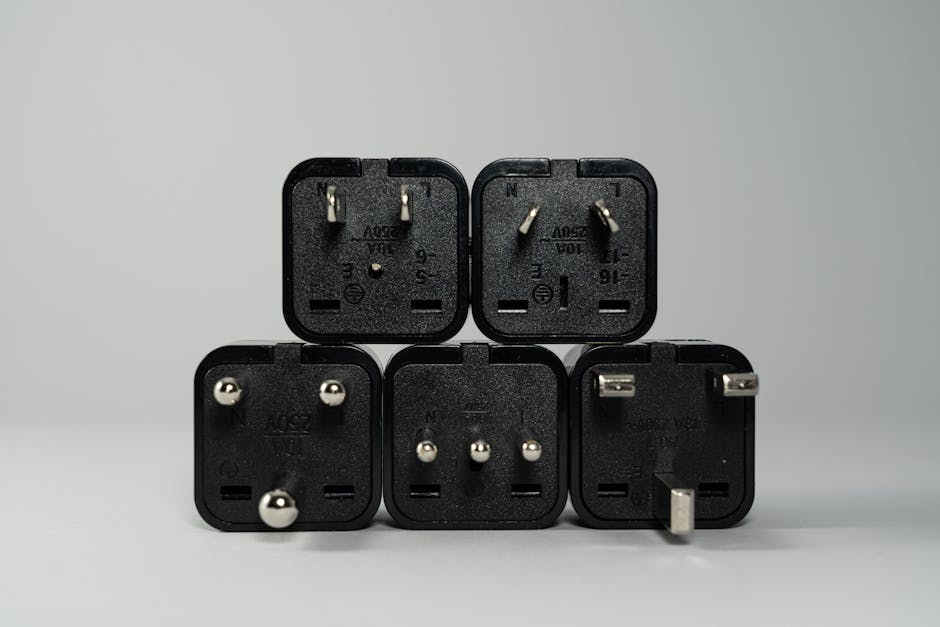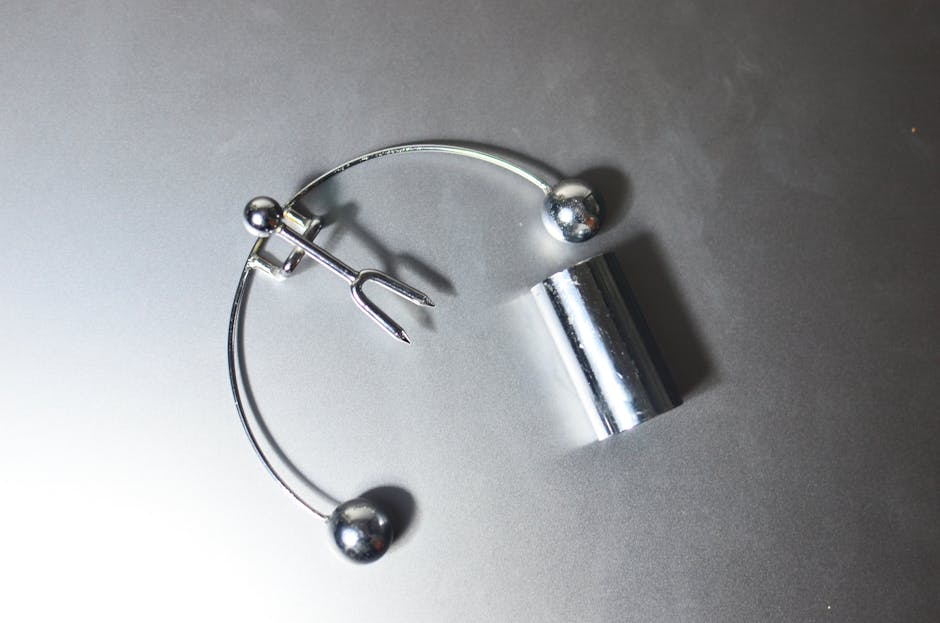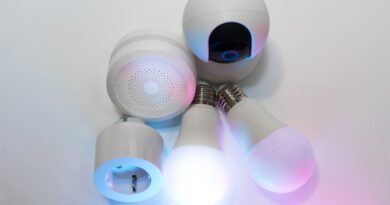Home Office Energy Savings You Can Implement
Did you know that working from home can increase your energy bills by 20%? That’s a surprising fact for many. But don’t worry! There are simple steps you can take to reduce those costs. In this article, we’ll explore easy energy-saving tips to help you lower your bills while keeping your home office comfortable.
Why Save Energy in Your Home Office?

Saving energy isn’t just good for your wallet; it’s good for the planet too. When you use less energy, you reduce your carbon footprint. This helps fight climate change and keeps our environment healthier. Plus, many energy-saving habits can improve your workspace comfort.
What Are the Biggest Energy Wasters?

Before we dive in, it’s helpful to know where energy goes in your home office. Here are some common culprits:
- Heating and cooling systems
- Lighting
- Office equipment like computers and printers
- Standby power from devices not in use
By identifying these areas, you can target your efforts effectively.
How Can You Make Your Home Office More Energy Efficient?

There are many ways to save energy in your home office. Lets break it down into a few key areas.
1. Optimize Heating and Cooling
Heating and cooling can take a big chunk out of your budget. Here are some tips:
- Set your thermostat to a comfortable temperature, but don’t go overboard. A setting of 68F (20C) in winter and 78F (26C) in summer works well for most people.
- Use fans instead of air conditioning when possible. They use much less energy!
- Seal windows and doors to prevent drafts. Use weatherstripping or caulk for gaps.
These small changes can lead to significant savings.
2. Switch to Energy-Efficient Lighting
Lighting can be a big energy drain. Heres how to make it better:
- Replace old bulbs with LED lights. They use up to 80% less energy and last longer.
- Take advantage of natural light. Position your desk near a window to work in daylight.
- Use task lighting for specific areas, rather than lighting up the entire room.
By making these adjustments, you can brighten your space without dimming your wallet.
3. Power Down Office Equipment
Your computer and other devices can consume a lot of energy. To keep costs down:
- Turn off your computer and monitor when not in use. Use power strips to make this easier.
- Invest in energy-efficient models. Look for ENERGY STAR-rated devices.
- Set up your printer to go into sleep mode when it’s idle.
Every little bit counts when it comes to saving energy!
4. Utilize Smart Technology
Smart technology can help you save energy effortlessly. Consider these options:
- Smart thermostats learn your habits and adjust temperatures automatically.
- Smart plugs allow you to control devices remotely and schedule them to turn off.
- Smart lighting systems can be programmed to turn off when you leave the room.
These tools make energy savings easy and convenient.
What About Standby Power?

Did you know that many devices still draw power even when turned off? This is called standby power or “phantom load.” Heres how to tackle it:
- Unplug devices when not in use, or use smart power strips that cut off power automatically.
- Be mindful of chargers. Unplug them when your devices are charged.
- Consider using a kill switch for your home office equipment.
Reducing standby power can lead to significant energy savings over time.
Do Energy Audits Really Help?
Absolutely! An energy audit can reveal ways to save money that you might not have thought of. Heres how it works:
- Hire a professional or use online tools to assess your energy use.
- Get a list of recommendations to improve efficiency.
- Implement the suggestions over time for the best results.
Many utility companies even offer free energy audits, so check with yours!
What Are Some Additional Tips for Saving Energy?
In addition to the tips above, consider these extra strategies:
- Limit the use of space heaters or air conditioning units.
- Keep your workspace clutter-free to improve airflow.
- Use thermal curtains to keep heat in or out, depending on the season.
These small changes can add up to big savings!
How Can You Stay Motivated?
Making changes can be tough. Here are some tips to keep you on track:
- Set a monthly energy savings goal.
- Track your energy use to see progress.
- Share your goals with friends or family to stay accountable.
Staying motivated will help you make energy-saving habits stick.
Where Can You Find More Resources?
For more tips on saving energy at home, check out the U.S. Department of Energys website. They have a wealth of information on energy efficiency.
Also, you might find our post on home energy efficiency tips useful!
Conclusion: Take Action Today!
Saving energy in your home office doesnt have to be difficult. With a few simple changes, you can cut your energy bills and contribute to a healthier planet. Start with one or two tips and gradually implement more. Youll be amazed at how these small actions can lead to big savings over time.
What will you do first to save energy in your home office? Remember, every little bit helps!



